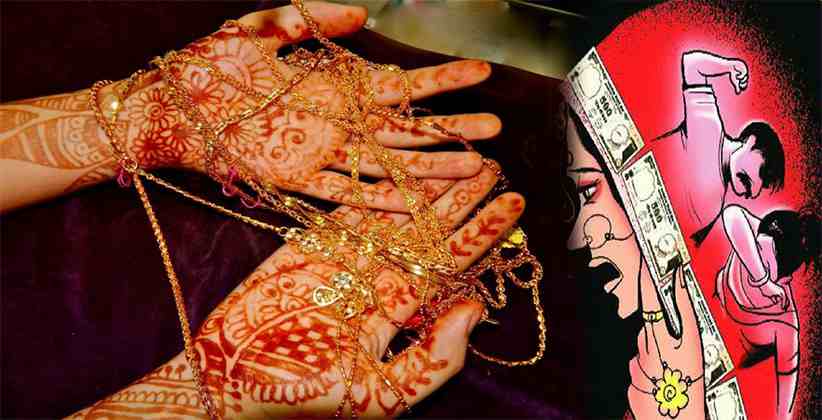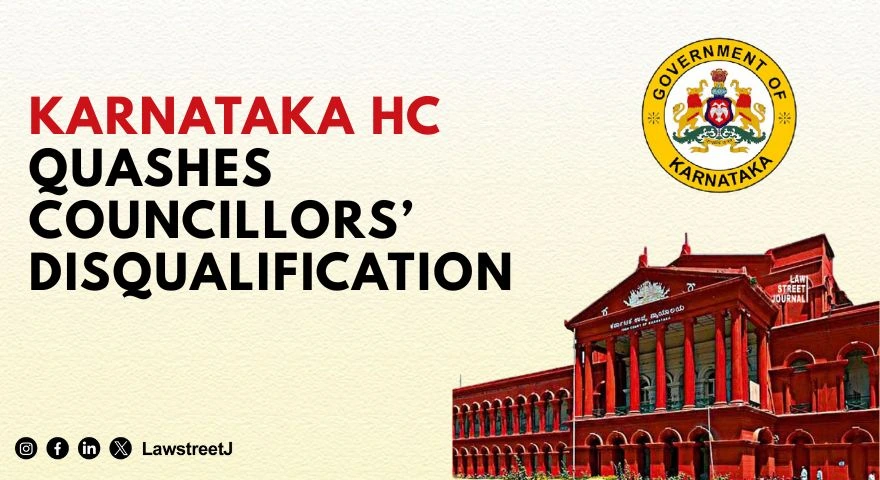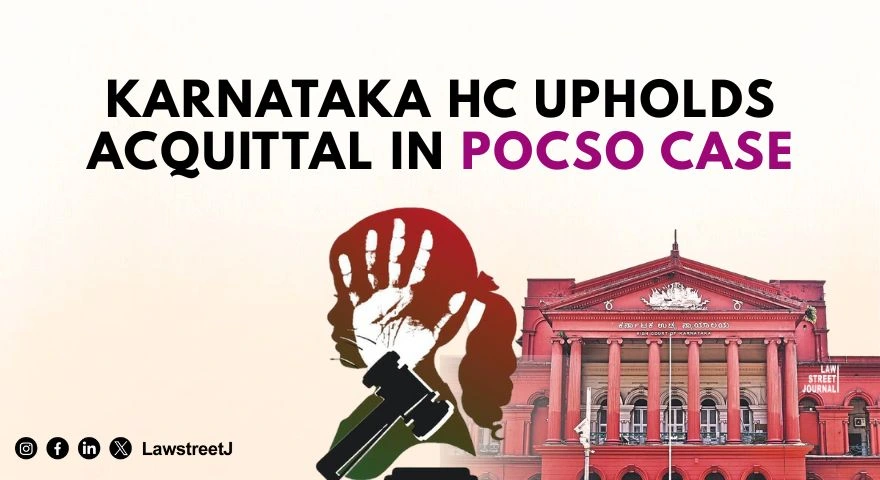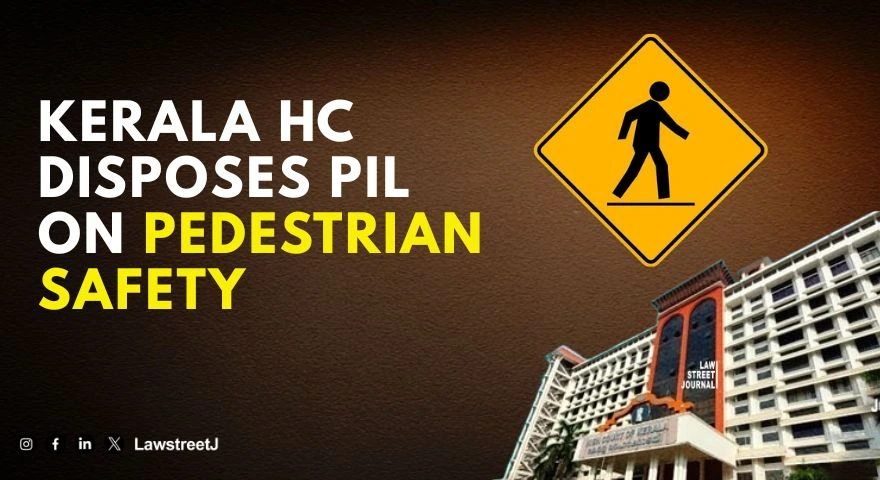A Single Judge Bench of Justice Pratibha M. Singh of the Delhi High Court while delivering a judgment on May 21, 2020, in the matter of Shyam Kishor v. The State, after examining the evidence of the case and looking at the time spent by the accused in custody, granted bail to the man accused of dowry death of her wife.
Background of the Case:
Ms. Abhilasha and the petitioner, Mr. Shyam Kishor had got married on December 09, 2016, the hometown of Abhilasha in Bihar. At the time of marriage, Shyam Kishor, who is a Software Engineer, was working in a leading IT Company. Soon after the marriage, he sustained a leg injury in an accident due to which he had to give up his job. After recovering from his injury, he joined his elder brother in his business. The couple moved to Delhi and were living in Delhi.
On October 15, 2018, Abhilasha was found dead at her residence in Delhi where she used to live with her husband and his niece Ms. Harshita a.k.a. Akanksha i.e., the Petitioners sisters daughter. As per the case of Shyam Kishor on a fateful day, he had gone to the New Delhi railway station to drop his niece who was going back to her hometown.
On his way to the station, he received a call from his wife Abhilasha. He immediately returned and upon reaching home, had found that his wife had committed suicide by hanging herself from the fan. Shyam Kishor was taken into custody on October 17, 2018 and had remained in custody since then. Five bail applications had been rejected by the ld. Additional Sessions Judge (ASJ).
Contentions of the Parties:
The counsel for the bail applicant had contended that Kishor himself had called the Police Control Room when he saw that his wife had committed suicide and the husband and wife were happily peacefully living in Uttam Nagar Delhi and there was no discord between the two of them. He also contended that Shyam Kishor had never demanded any dowry or any monetary help from his in-laws.
The Counsel relied on the statements given by the father of the deceased-wife one day after her death and pointed out that in the first statement before the Judicial Magistrate, though there was mention of some gifts being given to the Petitioner by the deceaseds family at the time of marriage, there was no allegation in the said statement of violence or dowry being demanded soon before her death. He also pointed out to the Court that the father of the deceased had later changed his statement under Section 161 of the Code of Criminal Procedure, 1973 thereafter to allege that dowry was demanded soon before the suicide.
Additional Public Prosecutor (APP) on behalf of the State had submitted that the death had taken place within seven years of marriage and hence, there was a presumption against the Petitioner under law. He had also vehemently contended that the statements given by the father, mother, and sister of the deceased had clearly made out a case of dowry death.
The Conclusion of the Court:
The Court pursued the bank statements of the Petitioner and the deceased and opined that the Petitioner was financially well-settled. The Court also noted that the conduct of the Petitioner, to the extent that he immediately rushed back from the railway station upon receiving a phone call, called the Police, took the deceased to the hospital and contacted the in-laws, goes to show that he does not pose any flight risk.
Also noting that the Petitioner had already undergone imprisonment for around one year and seven months, the Court granted him bail subject to certain conditions and a bail bond for a sum of Rs.2 lakhs with one surety of the like amount








